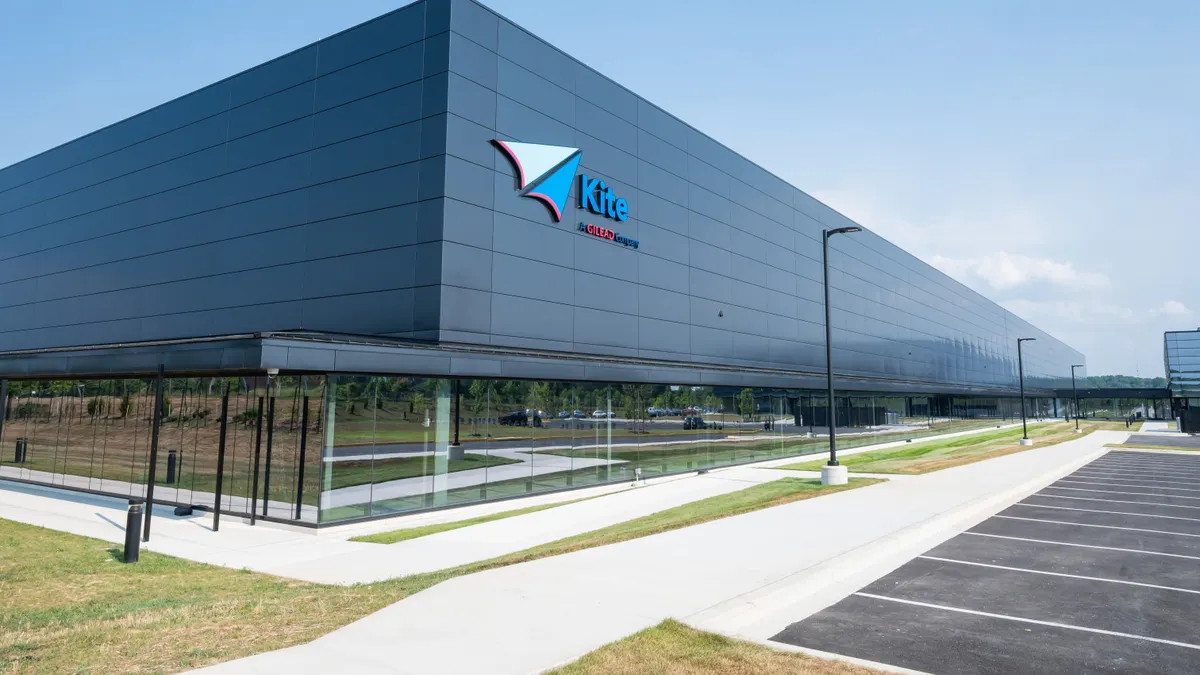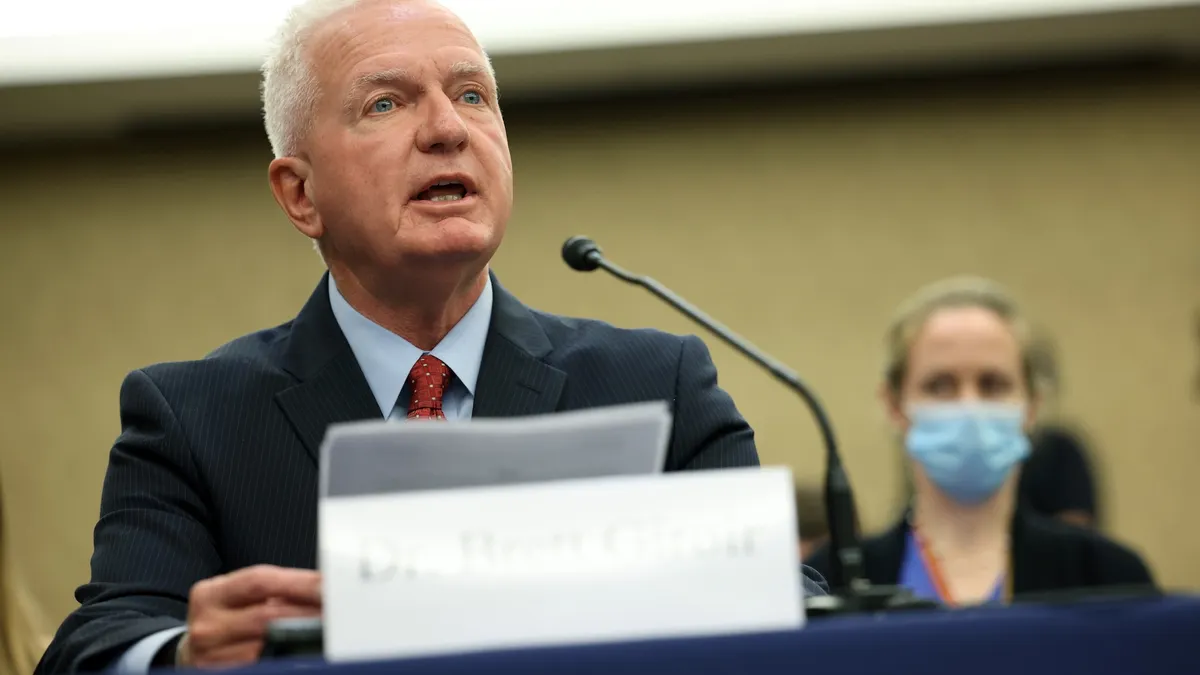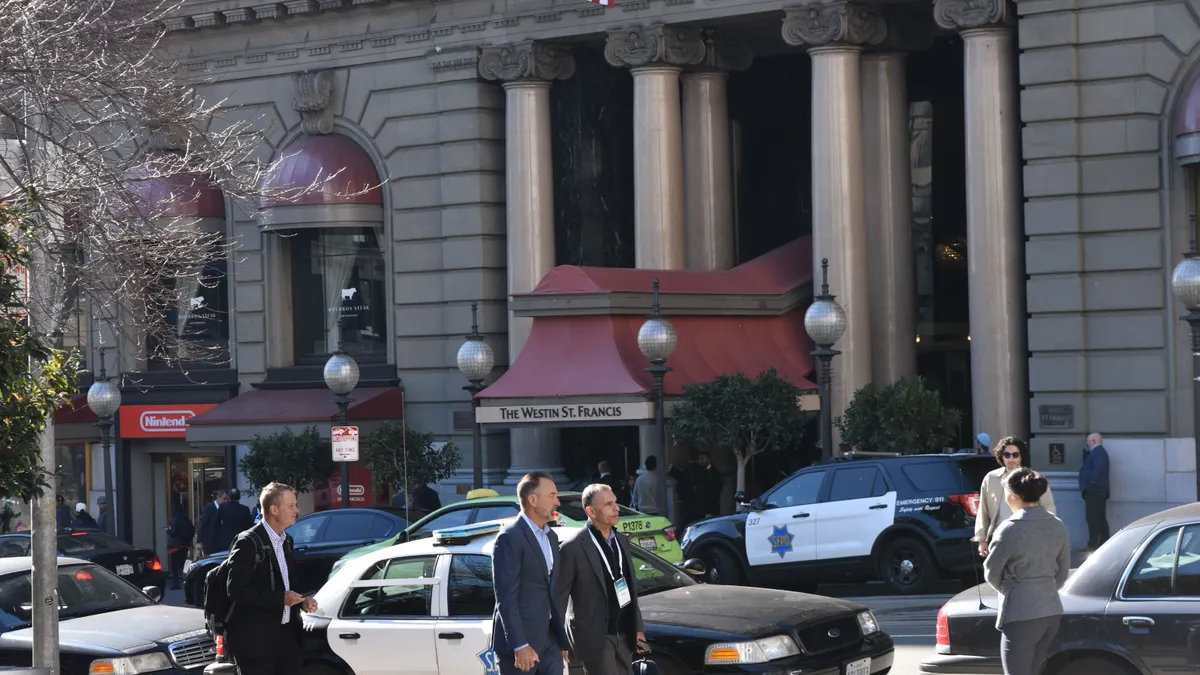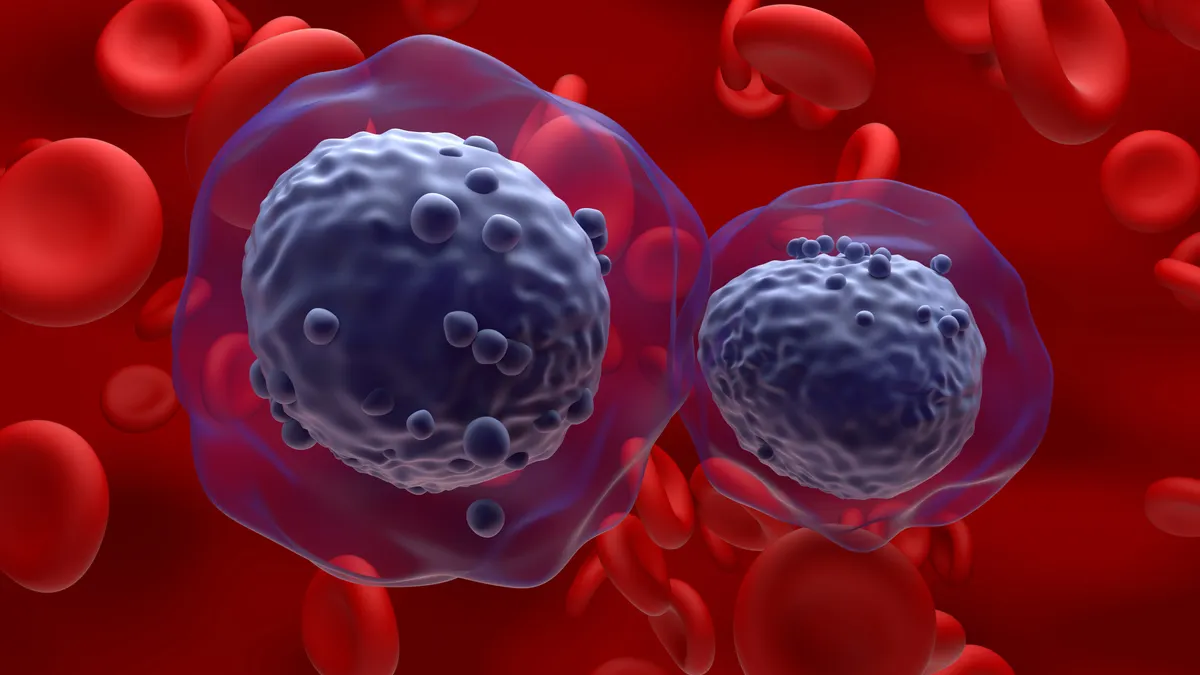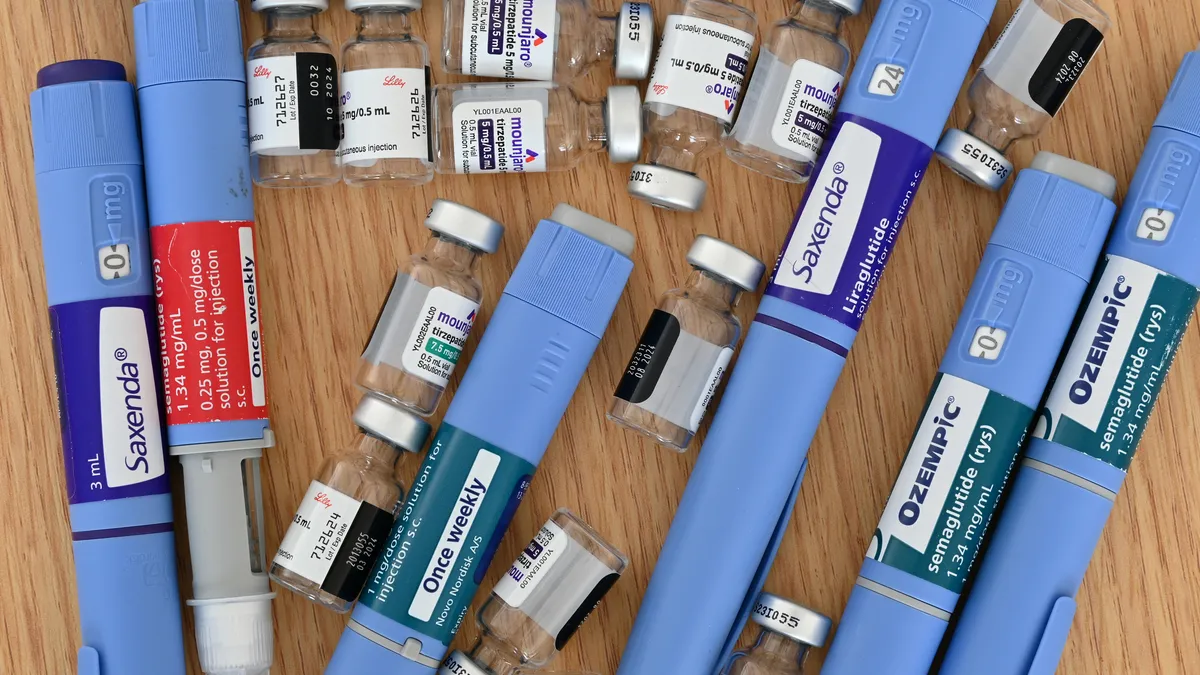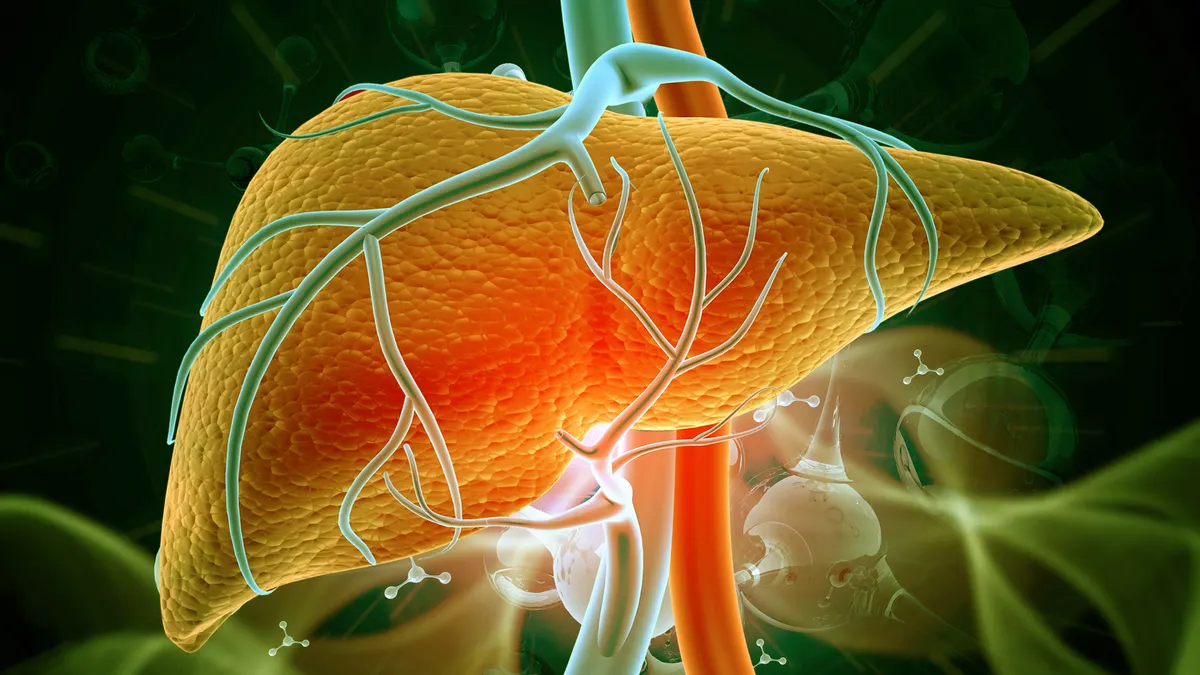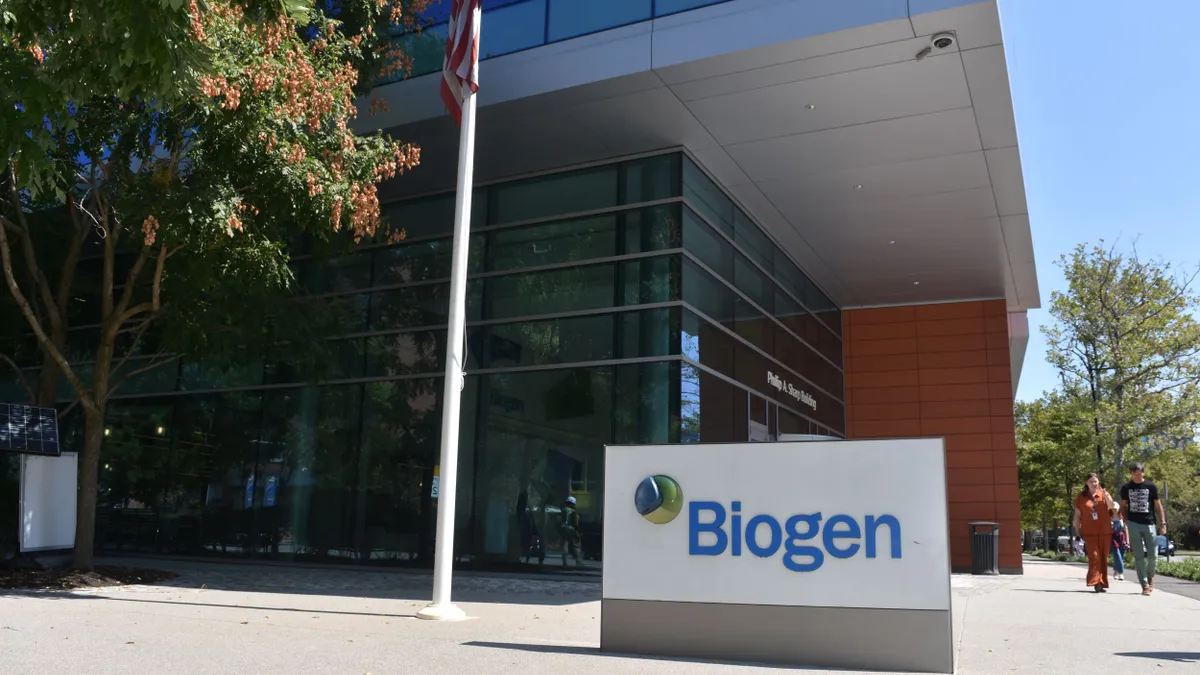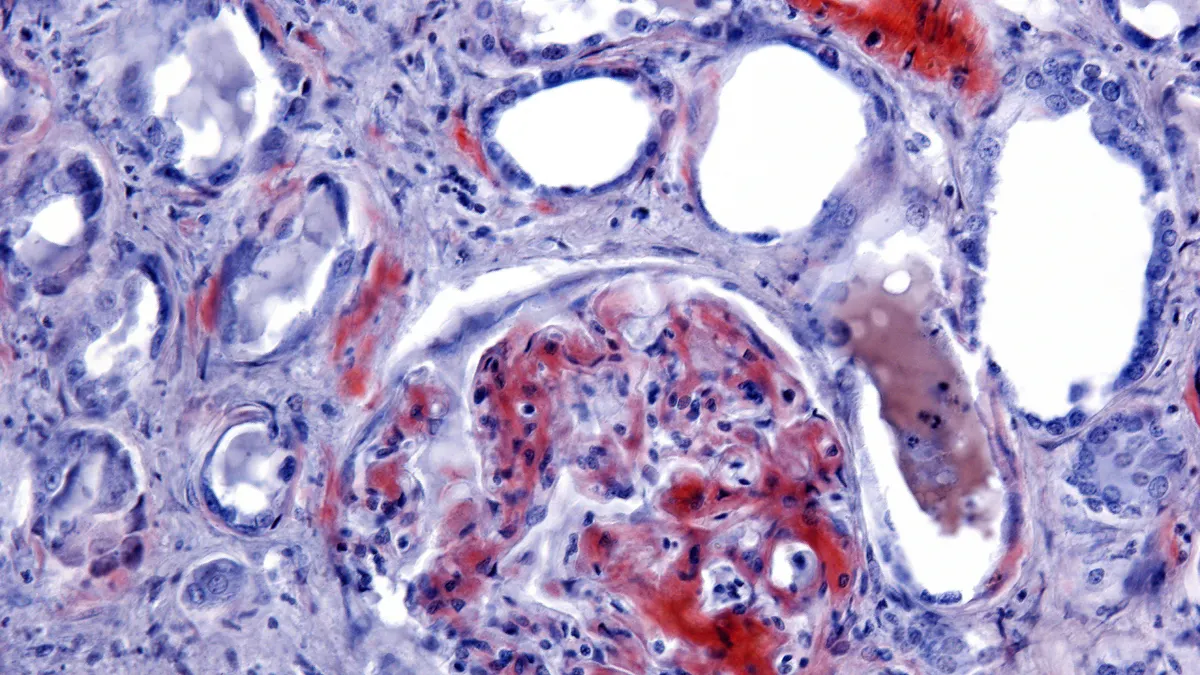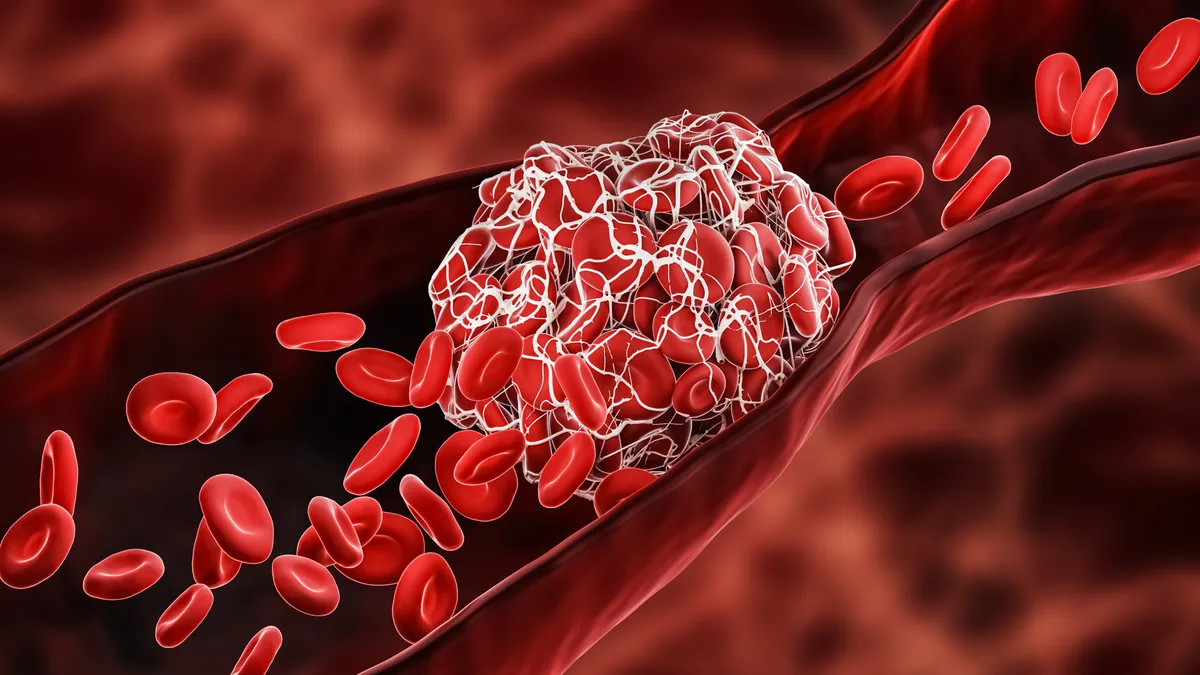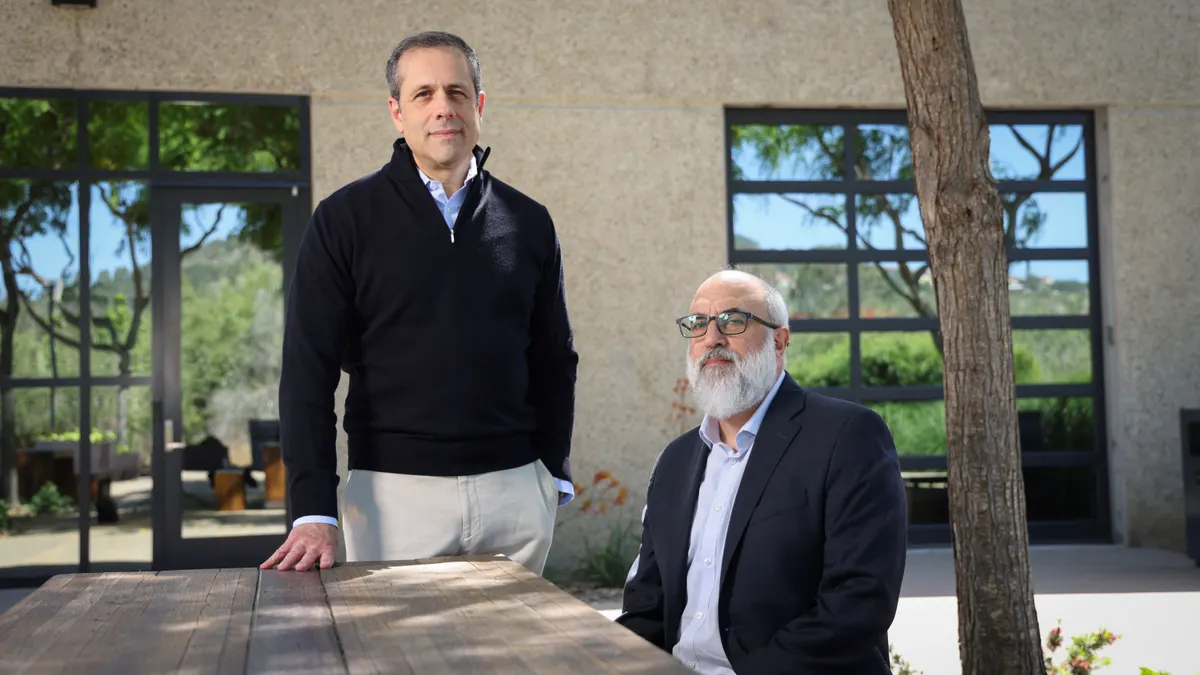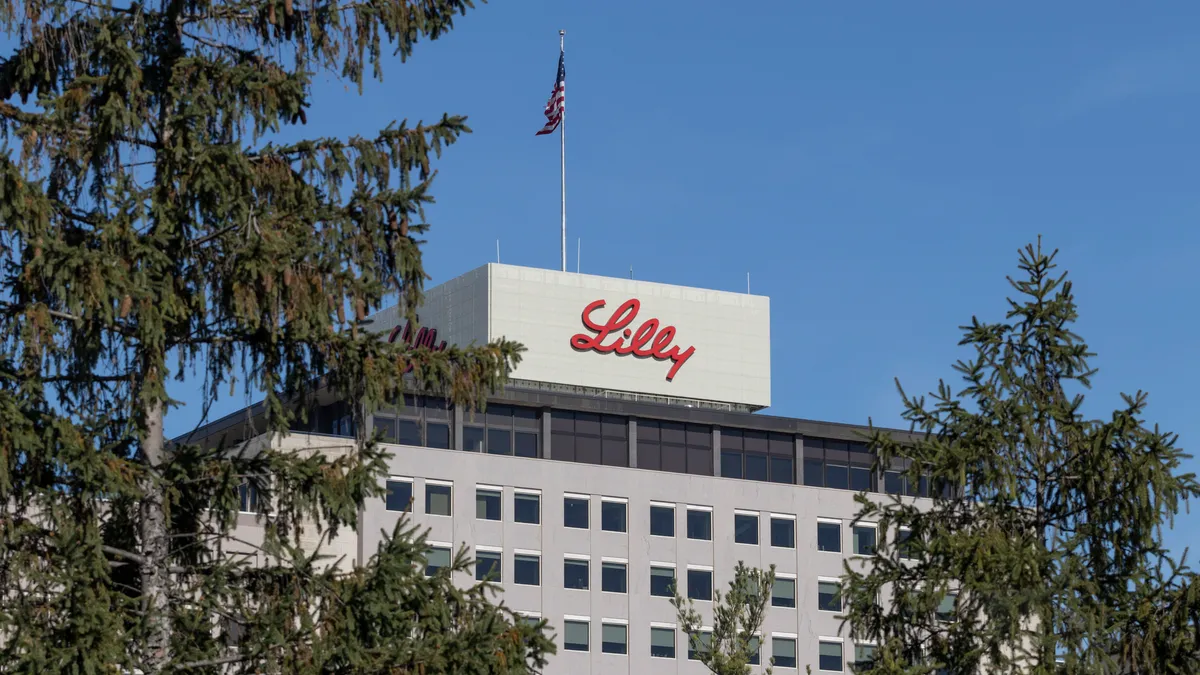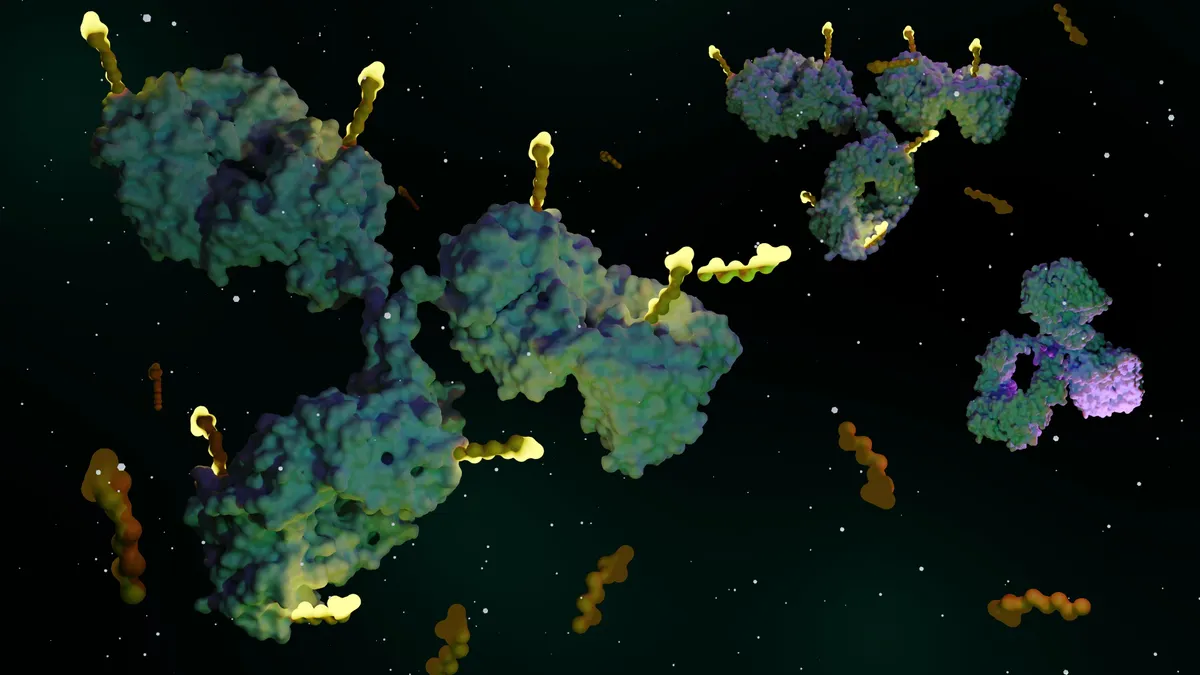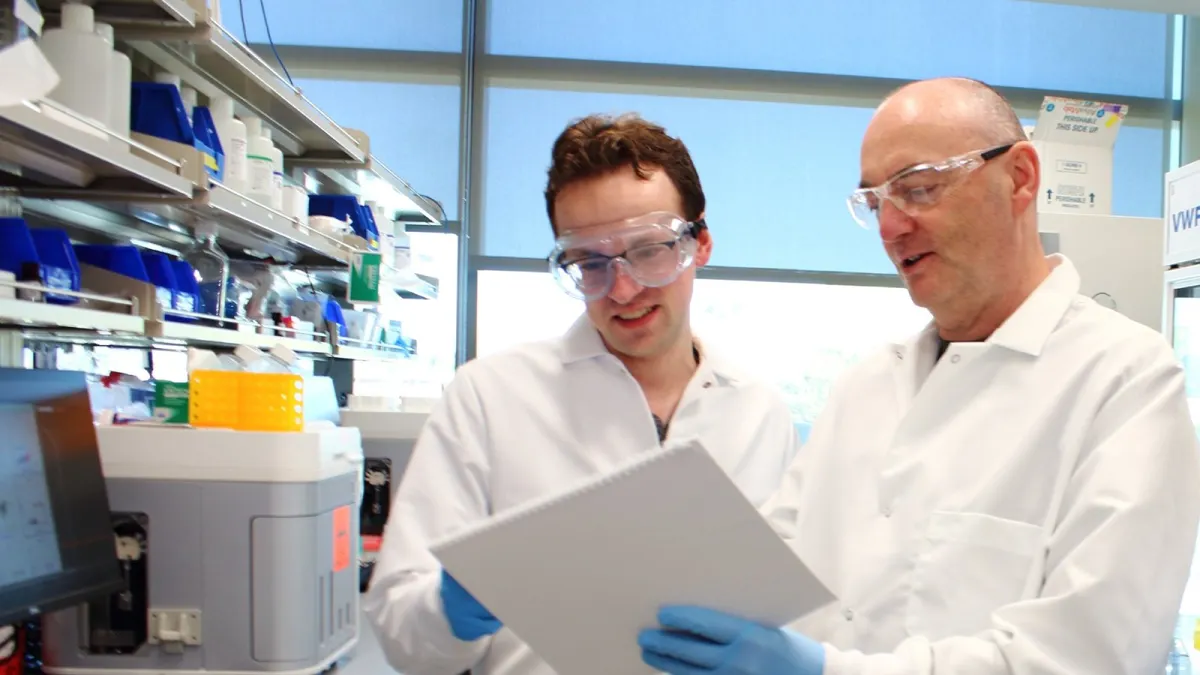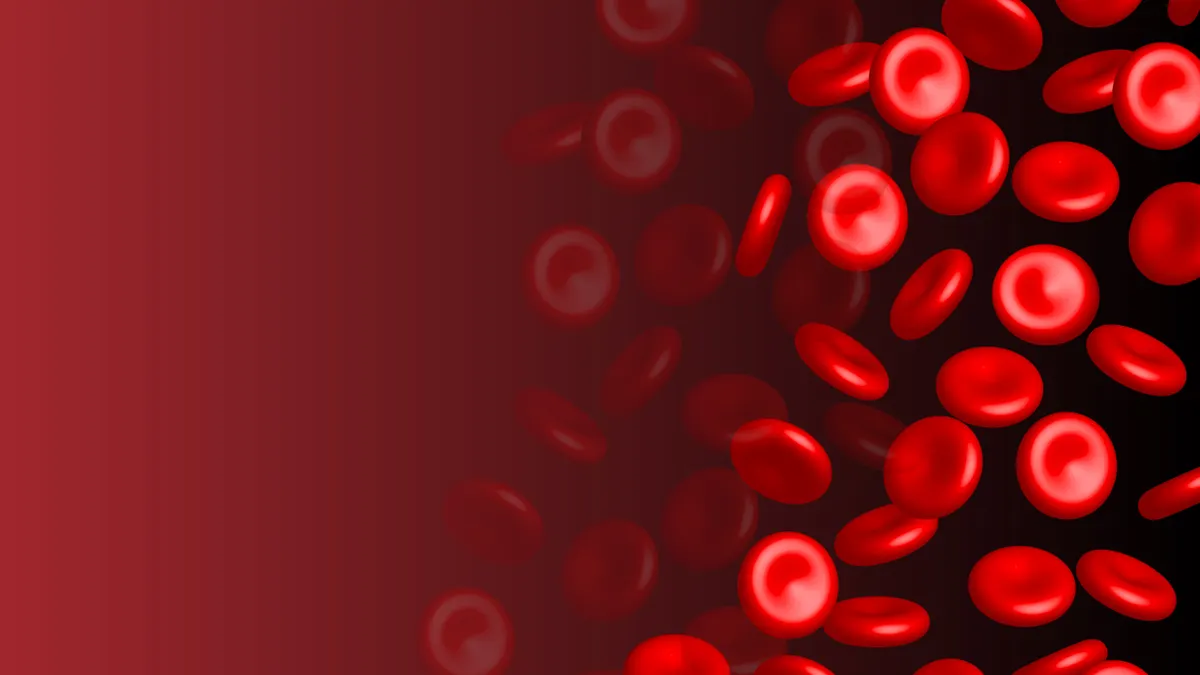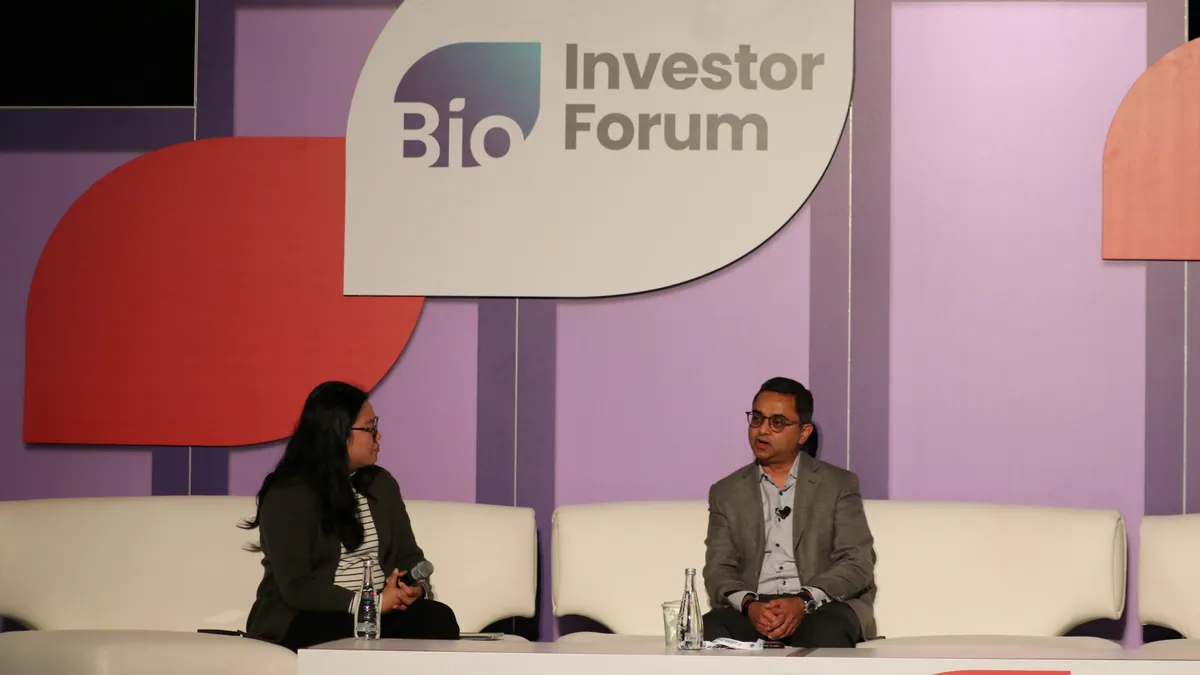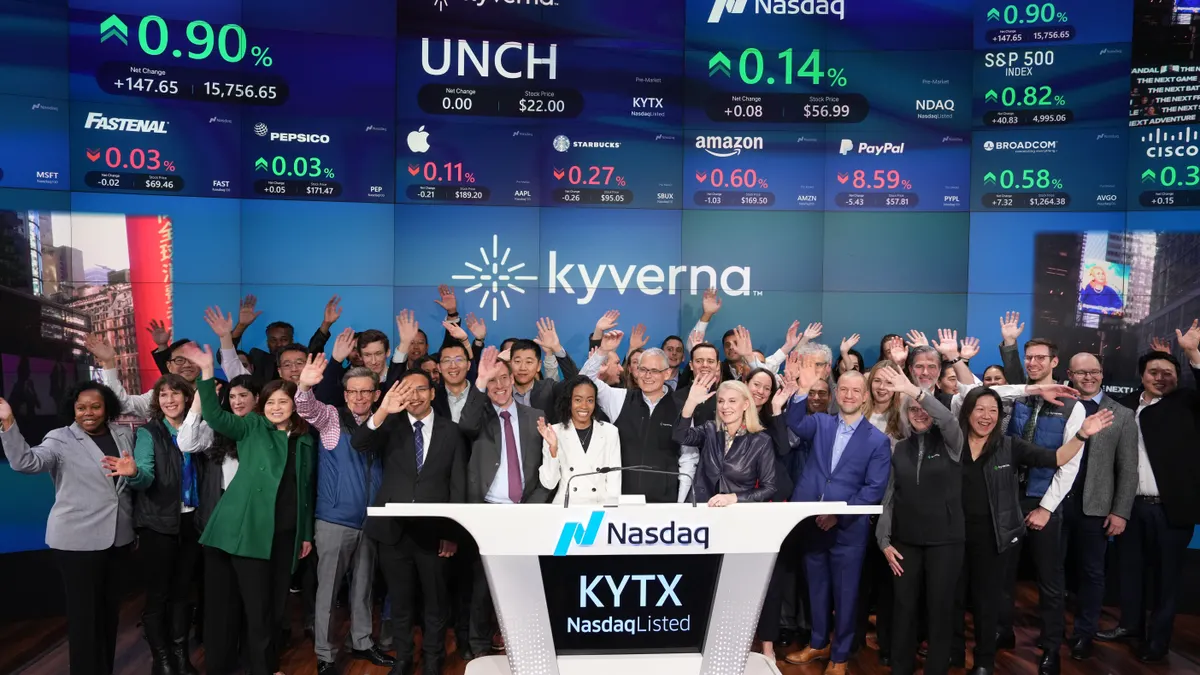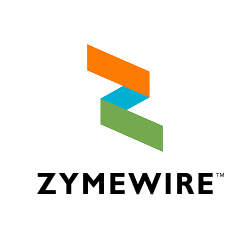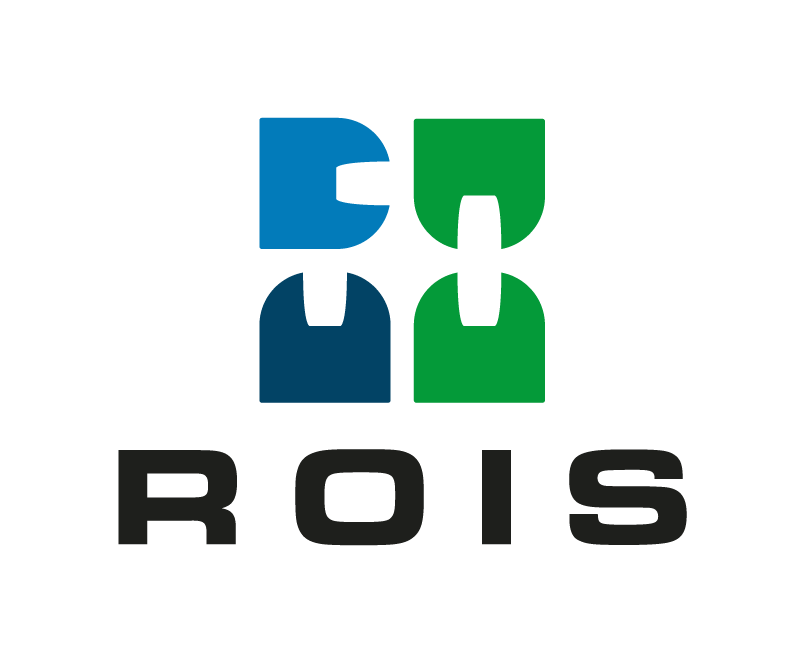Dive Brief:
- Cartography Biosciences, a San Francisco Bay Area biotechnology company, announced Thursday it raised a $67 million Series B round to propel its first drug prospect into clinical testing.
- Its lead program, dubbed CBI-1214, is a T cell engager the biotech believes is able to treat the most common form of the disease. Cartography plans to start enrolling people in its first study in humans early next year.
- Antibody drugs that bind to multiple targets, like T cell engagers, have grown in popularity in recent years, driven by successes in blood cancer, eye diseases and hemophilia. Their use is being explored elsewhere too, such as in inflammatory diseases or, in Cartography’s case, a solid tumor.
Dive Insight:
Founded by former Stanford University researcher Kevin Parker five years ago, Cartography has been working on ways to unearth what it refers to as “differentiated” cancer drugs that can target tumors more precisely than existing treatments.
One area it hopes to prove that it can is in colorectal tumors, the second-leading cause of cancer-related deaths in the U.S. Parker notes how the treatment options for patients with the most common “microsatellite stable” form are limited to mostly chemotherapy or targeted drugs. Response rates are “pretty poor,” he added, and use of checkpoint inhibitors like Merck & Co.’s Keytruda have been limited to a rarer type that elicits a stronger immune response.
T cell engagers may have better luck because of their ability to draw immune cells to a tumor, turning an immunologically “cold” tumor into a “hot” one, Parker said. The approach has been utilized successfully in certain cases before, such as uveal melanoma with Immunocore’s Kimmtrak and small cell lung cancer with Amgen’s Imdelltra. But there’s still “open space and a vacuum for the best targets,” he said.
In colorectal cancer, Cartography is using CBI-1214 to recruit T cells to a target called LY6G6D. That protein is “uniquely expressed” on colorectal tumors, according to Parker. Roche has also shown interest, with a drug called linclatamig that’s in early-stage testing. But Parker claims CBI-1214 may impact a broader set of colorectal tumors and induce a more potent T cell response.
“There’s still an opportunity to build the right molecule,” he said.
Cartography is also working on another pair of early programs for solid tumors, another one of which is also a T cell engager. Last year, the company partnered with Gilead Sciences to develop treatments for triple-negative breast cancer and adenocarcinoma, banking $20 million in upfront cash as part of its collaboration.
More than a dozen firms, led by Pfizer Ventures, contributed to Cartography’s venture round. Amgen Ventures, a16z and Catalio Capital Management were among those involved.
“With a strong discovery platform and a growing pipeline, Cartography is quickly emerging as a leader in antibody therapeutics, and Pfizer Ventures is excited to support their progress in bringing potential new treatments to patients,” Michael Baran, a partner at Pfizer Ventures, said in a statement.








